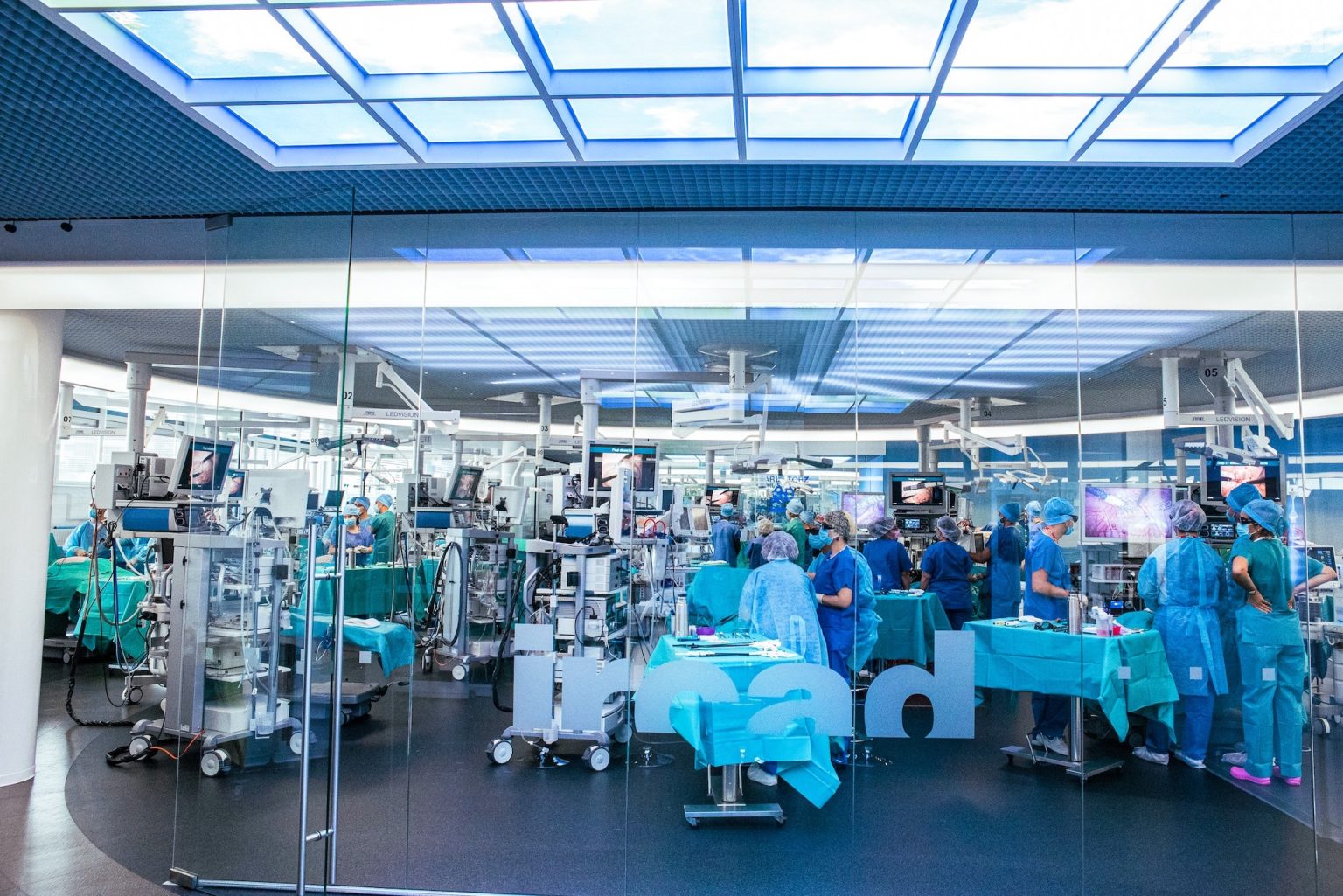Home » MIS training center » Course specialties
Highlighted courses
Discover the world's top laparoscopic surgery courses
The Strasbourg-based IRCAD trains more than 8,800 surgeons from the world over each year. Surgeons in training come to improve their skills in one of the 18 specialties in laparoscopic, flexible, or robotic surgery.
Use our filters below to find the perfect course for you!
-
Reset filter >
-
Filters
-
Intensive courses
with optional university diploma
-
Basic & Advanced courses
- View all courses
- View all courses
- View all courses
- View all courses
- View all courses
- View all courses
- View all courses
- View all courses
- View all courses
- View all courses
- View all courses
- View all courses
- View all courses
-
Others
Respiration in anesthesia and in intensive care: from airway management to cellular respiration
November 24-25, 2025
Endoscopic Management of Surgical and Interventional Complications Advanced Course
November 13-14, 2025
Minimally Invasive and Endoluminal Bariatric and Metabolic Surgery Advanced Course
December 10-13, 2025
Intraoperative Ultrasound Navigation for Liver Surgery and Thermoablation Advanced Course
July 10-12, 2025
IRCAD Online Masterclass - Intraoperative Ultrasound Navigation for Liver Surgery and Thermoablation (package)
July 10-12, 2025
No more course for this period
No course in this specialty at the moment. Please contact us if you want more information about upcoming courses.
Contact us



